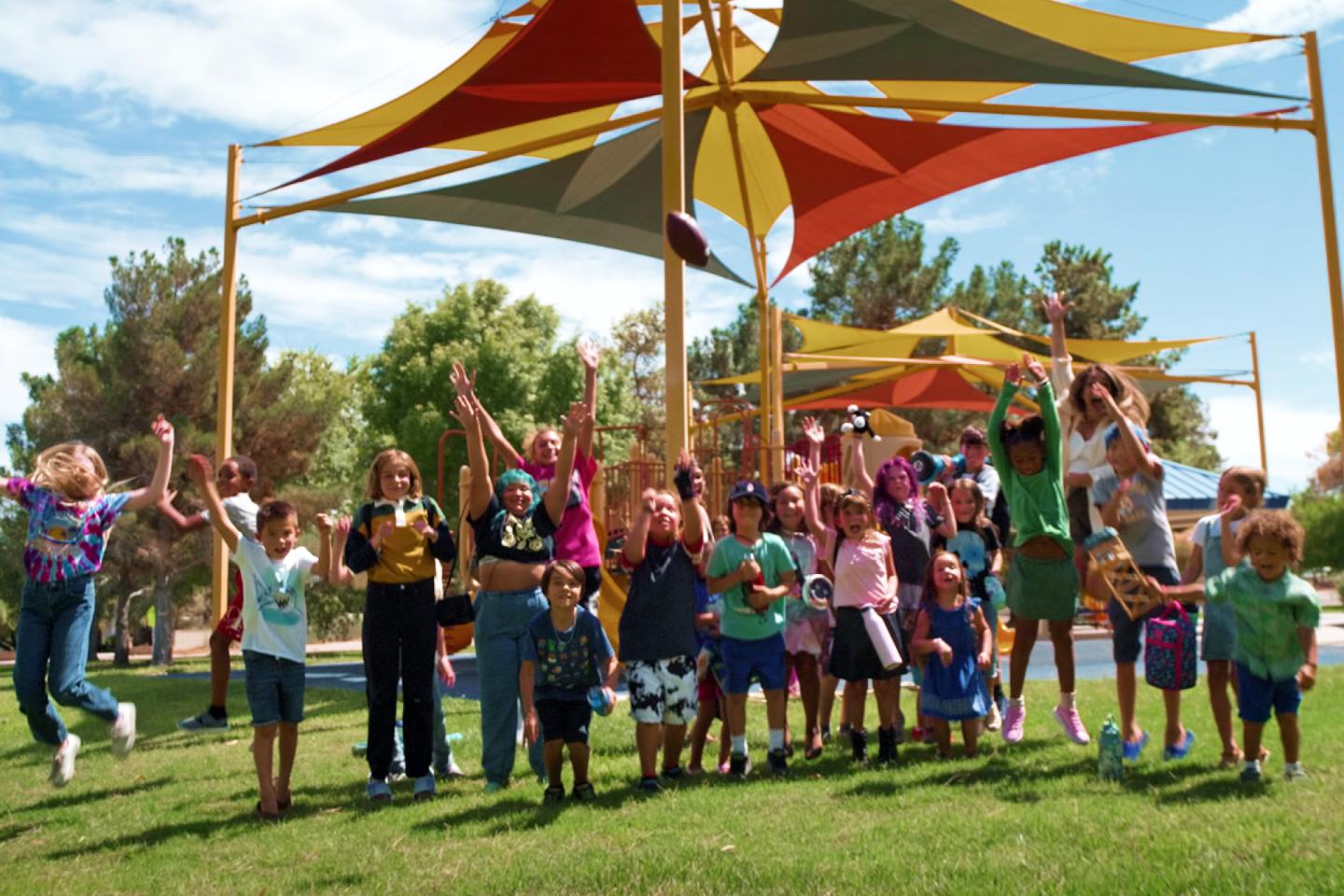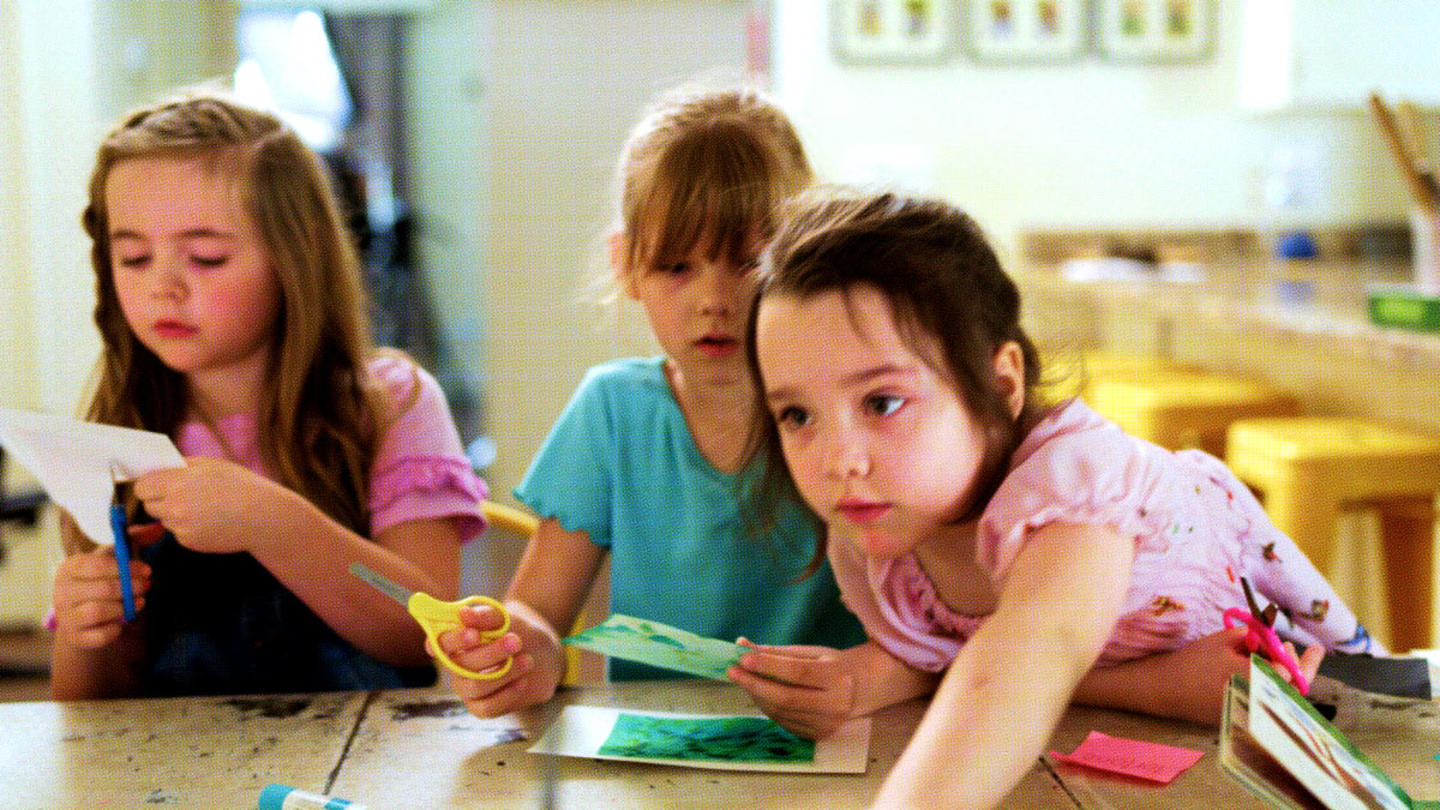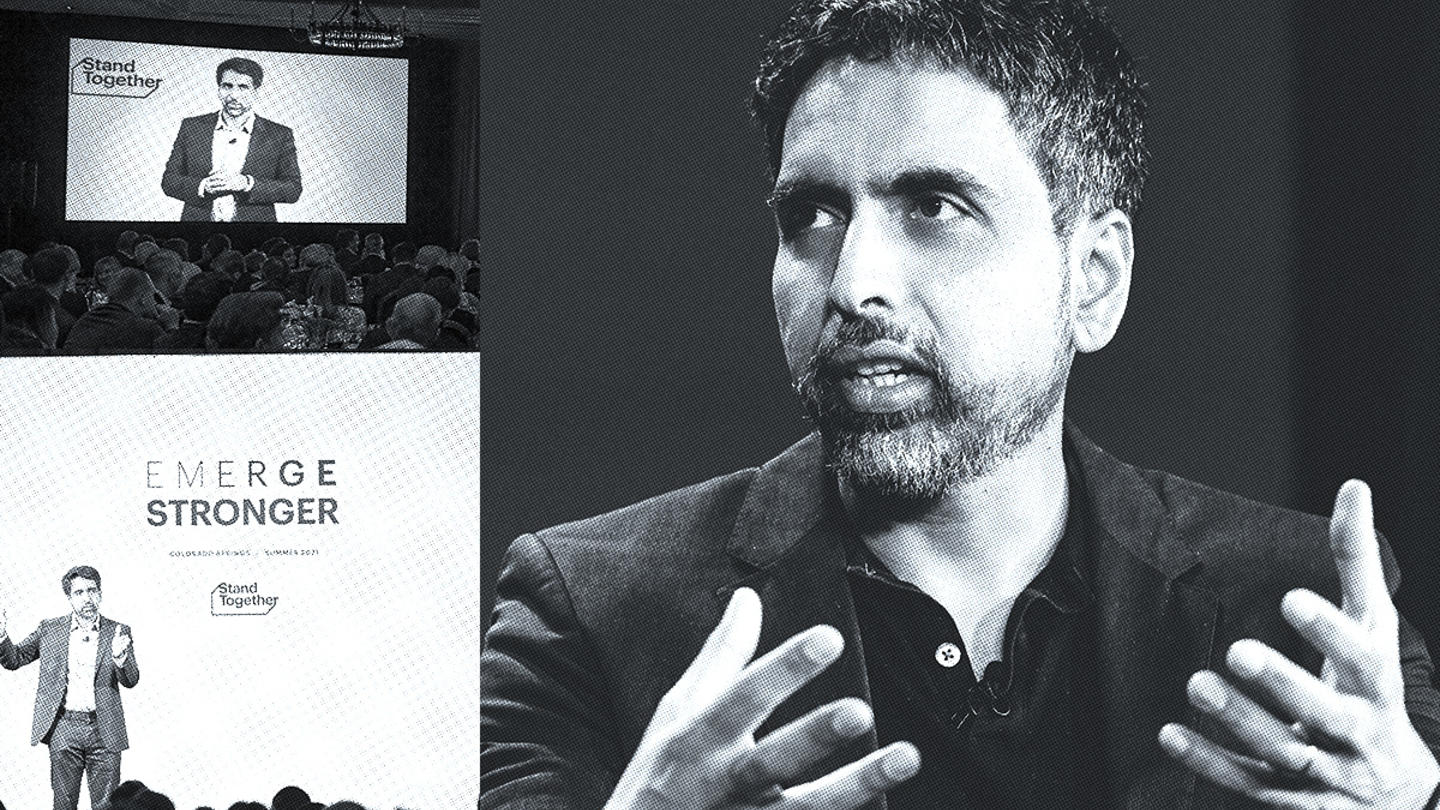Children are natural learners. That's the core tenet and north star at Bloom Academy, a self-directed education center where teachers guide students in developing the educational and life skills they'll need to realize their potential.
Founded by educators Sarah Tavernetti and Yamila De Leon, Bloom Academy is the first — and currently only — learning center of its kind in Las Vegas.
Self-directed learning "is the idea that children learn just from observing the world around them, by being exposed to things," Tavernetti says. "And that's exactly how kids learn how to walk, and how to talk."
This philosophy informs how both students and teachers at Bloom Academy approach learning. It stands in contrast to conventional learning, which tends to take a one-size-fits all approach to education, a standardized stance that matches the industrial age in which many of the current methods were designed.
But at Bloom Academy — supported by the VELA Educational Fund, which is part of the Stand Together community — children are free to explore their own interests.
Rather than learning to take tests or demonstrating rote memorization, they learn and grow like people do in the real world: by setting goals and figuring out how to achieve them.
"They will learn what they need to [learn] when it's relevant to them, when it's important to them," Tavernetti says.
Bloom Academy: A Self-Directed Education
As teachers, Tavernetti and De Leon saw firsthand all the limitations — or "forceful boxes," as De Leon puts it — of conventional schooling.
"How many words per minute can they read, and how quickly can they rattle off their math facts," Tavernetti says. "Faster. Faster."
De Leon says this rigidity even extends to the most basic aspects of a student's experience: "Can I go to the bathroom? Can I eat?"
In conventional schools, kids "don't learn how to think for themselves," Tavernetti says. "That creativity and excitement isn't there anymore, and it should be. And I came [up] with this idea that, 'Ok, I'm going to implement more choice, more freedom.'"
To flesh out that vision of a new educational model, Tavernetti and De Leon went on a month-long road trip down the East Coast, visiting — and learning from — various other self-directed education centers.
So, what kind of educational model did they land on with Bloom Academy?
For starters, there is no mandatory curriculum that needs to be followed by every student, no matter their interests, passions, or strengths. There is no homework or standardized testing. And there aren't even grades in the typical sense, with children ages 5 to 14 all interacting with one another, overseen by adults who are there to help but not steer.
Mixing together all their interests, strengths, and weaknesses helps kids to develop social and emotional skills that prepare them to be fully realized members of a community. And that community — like any other — has a wide range of interests. A self-directed education allows those interests to be pursued in a more natural way.
Instead of the conventional schooling curriculum, Bloom offers workshops taught by staff, community volunteers, parents, and the kids themselves.
"There's anywhere from two to four workshops per day," De Leon says. "Choose what you want, and go back and forth."
The workshops are informative and offer chances for participation.
"It's a hands-on learning experience," De Leon says.
For example, a lesson on the real-world example of an oil spill leads to experiments with sponges and pans, allowing kids to learn about concepts like chemistry, physics, and ecology in a fun and engaging manner.
Such a workshop may spark an interest, making for engaged learners who want to learn even more. Or the workshop may not really strike a chord at all.
The point is that the choice is available. Once students have a passion, they can turn that into a goal that serves as a marker for what they have learned, as well as an accomplishment that helps them realize their own potential.
Advantages of Self-Directed Education
"Conventional school absolutely takes away any room for kids to actually love learning," Tavernetti says.
De Leon can personally relate to that insight.
"I disliked school so much," she says.
Coming from a family who spoke Spanish, De Leon didn't know English as a child and so she struggled in school, in part because she was forced to learn how to read while her teachers didn't keep her unique experiences and strengths in mind.
The "forceful boxes" of conventional schooling did not fit De Leon's life. As a result, she hated school enough that she would find ways to get sent home. It was a bad experience that was powerful enough to still make her want to cry recounting it, many years later.
It's one that kids at Bloom Academy will hopefully never have.
Bloom Academy student Xilo was also struggling at his conventional school. Having difficulty with reading, traditional learning strategies — sight words, flash cards — were not helping. At Bloom, Xilo was able to learn at his own pace rather than having to conform to a one-size-fits-all curriculum, and without grades and tests applying constant pressure.
He was able to use his love of music to help him read.
"He would just start listening to books," De Leon says. "And slowly start to read some small words, like song titles."
By encouraging Xilo to follow his interest in music, he continued to improve in his reading, becoming fairly proficient within a few months — his love of learning in one subject helping him learn another, on his own. Ask him how he learned to read, and he'll tell you he did it on his own.
"I could see this being the new norm," De Leon says. "If you can be happier and self-actualized, then you can go about life in a beautiful way."
Learn more about Stand Together's education reform efforts.




